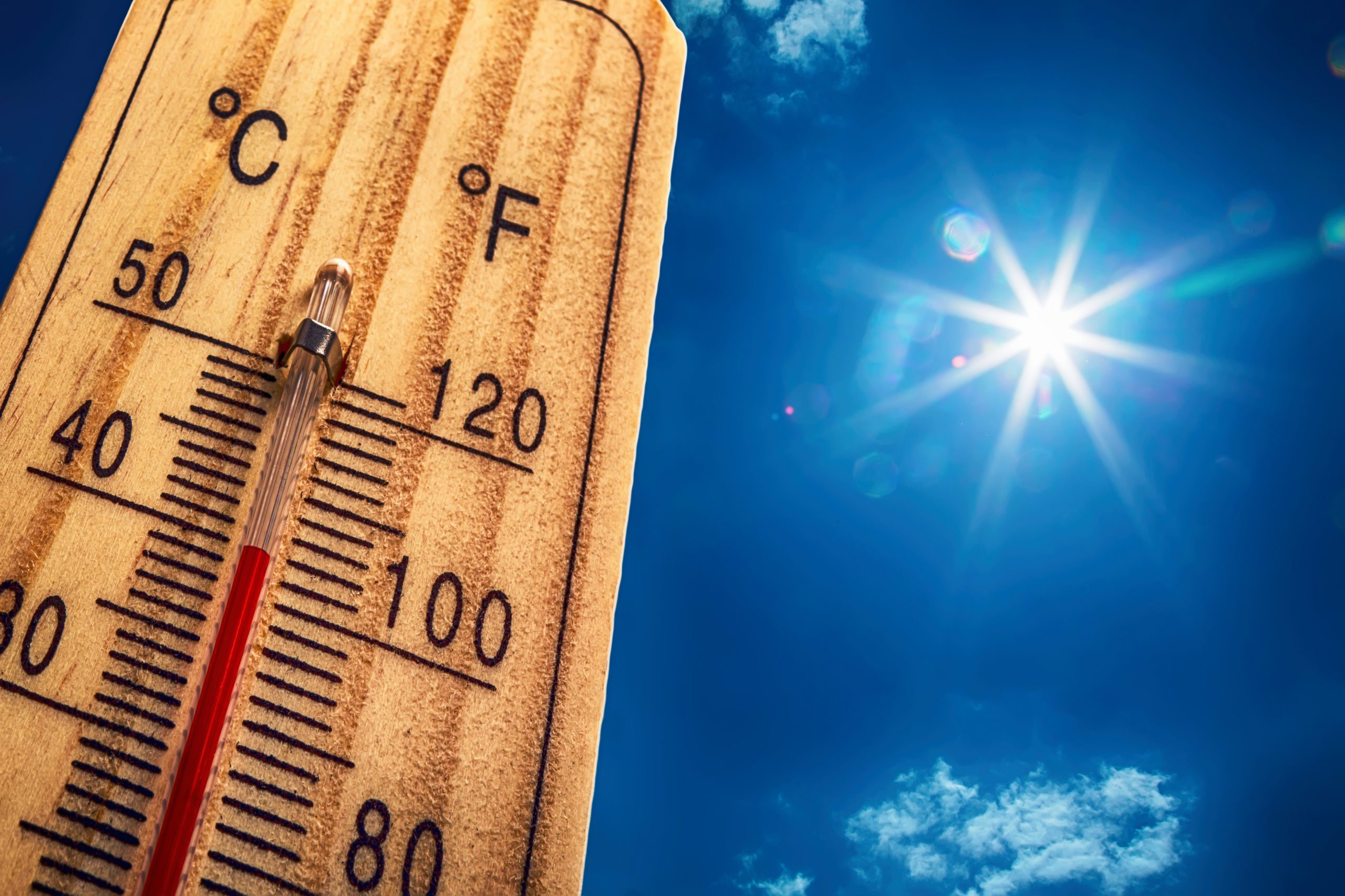If you live near our facility in Woodland Hills, then you’ve certainly been experience an excruciating California heat wave this July. Temperatures have hit triple digits for consecutive days, which can not only be physically daunting but create emotional issues as well. In fact, recent research has shown that warm weather can actually trigger the symptoms of anxiety.
The Japanese Society of Psychiatry and Neurology helped put this research together, which we found to be particularly interesting. One common trait relates to panic attacks. Traditionally, these types of anxiety episodes occur when someone is overwhelmed or upset. The physical manifestations include things like profuse sweating, shaking, shortness of breath and feeling faint. Sound familiar? Of course, because intense heat triggers those types of feelings as well.
“Summer can be especially anxiety-producing for those who have experienced panic attacks in the past,” psychotherapist Ellen Yom told the site, The Insider. “When your body becomes too hot, you may experience symptoms similar to those of an anxiety disorder. If you do not take care of yourself when the weather is hot, you may find your anxiety symptoms escalating.”
Scorching heat can also “fool the brain,” according to psychiatrist Carlene MacMillan. Heart rates and breathing are most certainly impacted by warm weather. In these instances, those prone to anxiety may believe in their mind that these are the symptoms of a panic attack (instead of traditional heat exhaustion). Increased humidity has also been shown to limit concentration levels, creating stress and uneasiness for sensitive people.
And let’s not forget another big issue that coincides with a hot summer: Lack of Sleep. Balmy nights (similar to what we experienced earlier this month) can certainly make it uncomfortable when you are trying to get eight hours of rest. This too can have a serious physical and emotional toll. Oregon professor Dr. Alfred Lewy, who was also interviewed for the article, said that hot nights with no sleep can affect mental health and even trigger depression.
“The body’s natural clock, it’s circadian rhythms, are misaligning in summer,” he explained. “Instead of cueing to dawn, the longer daylight is causing some vulnerable people to cue to dusk. Cueing to dusk shortens the typical body clock and delays a person’s sleep-wake cycle. This mismatch may be triggering depression.”
Of course, there are ways to combat these issues. Recommendations to avoid “summer anxiety” include staying indoors (whenever possible), following the body’s natural cues, eating a good diet and staying hydrated.


